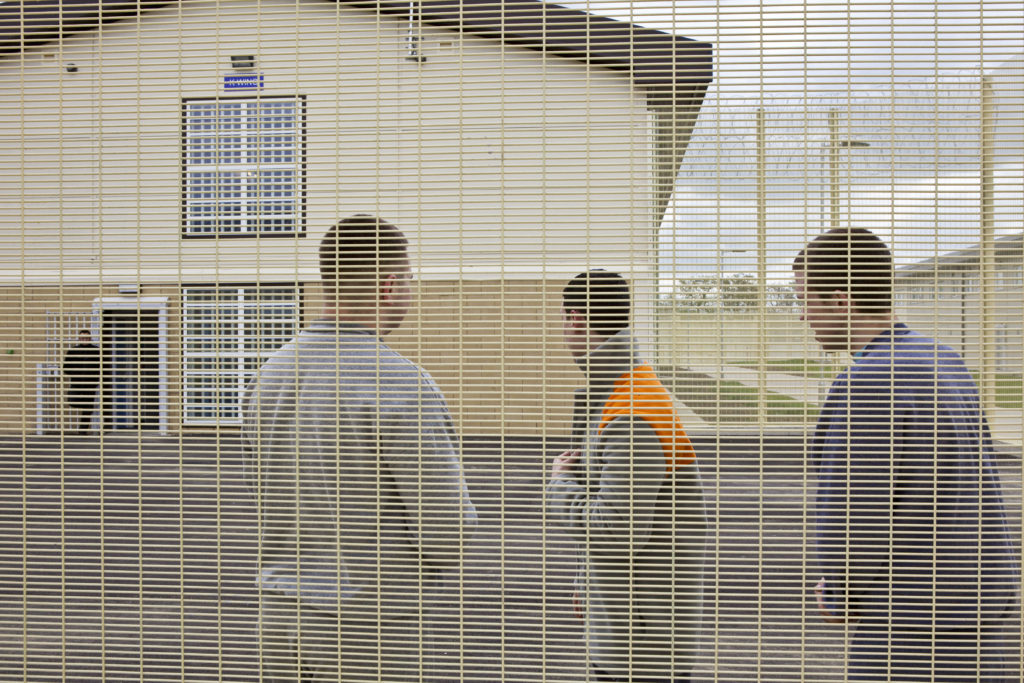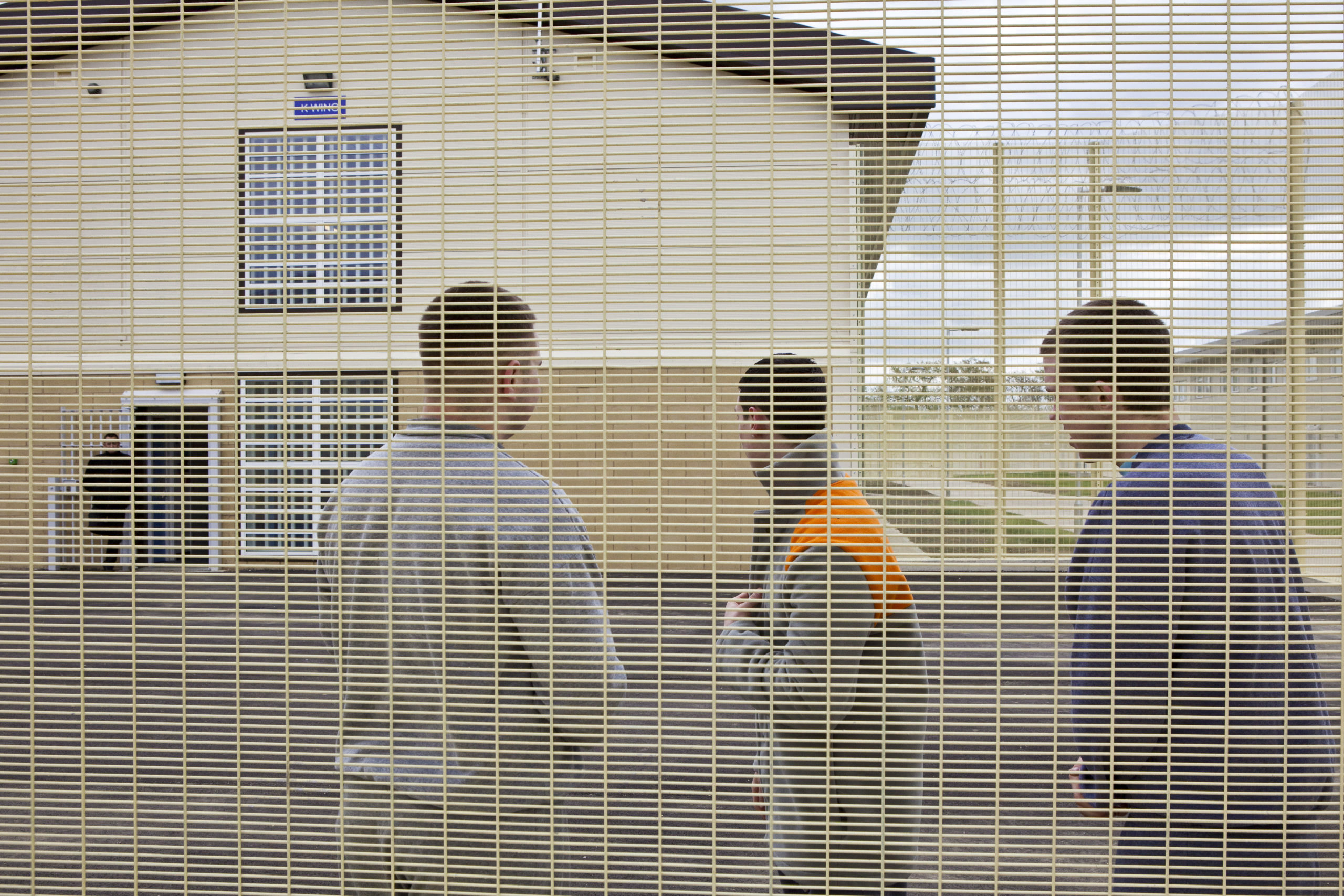Children in prisons in the UK are being locked up for more than 22 hours a day, with only half of them saying their experience is heping them not to reoffend.
A new report from HM Inspectorate of Prisons reveals critical issues in youth detention centres across England and Wales, with young people exposed to violence, disorder, and severe confinement. It found children are being deprived of educational and mental health support, while incidents of self-harm—especially among girls—are alarmingly high.
The children in custody report analyses survey data from children living in young offender institutions (YOIs) and secure training centres (STCs) from across England and Wales.
The survey found that 15% of children who responded reported feeling unsafe, more than twice the proportion seen in the previous year’s survey. Those who reported feeling unsafe consequently had worse outcomes across almost every part of the survey, with far higher proportions reporting that they felt bullied or victimised by other children and had experienced verbal and physical abuse from staff.
The survey also shows that fewer children are attending education and a shocking 16% reported that they were not doing any education, training, work or interventions. Inspection reports over the past year have highlighted that children are locked in their cells for much of the day and that no YOIs are providing adequate education. Only half of children surveyed felt that their experiences of custody made them less likely to offend in the future.
HM Chief Inspector of Prisons, Charlie Taylor stated that the reports should be seen as providing a ‘stark reminder’ of the scale of the problems that exist in the youth custody system: ‘What should be an opportunity for children, many of whom have lived chaotic lives, to make up for lost time by gaining qualifications and addressing the underlying causes of their offending. None of this is possible while a child is locked behind a cell door.’
’Leaders in the youth custody service must focus on getting the basics right, prioritising a consistent and motivational approach to behaviour management and giving staff enough time and support to build effective relationships with the children in their care.’
Andrea Coomber KC (Hon.), Chief Executive of the Howard League for Penal Reform, said: ‘All children need exercise, education and contact with other people if they are to progress and live healthily as adults. Instead, children in custody are being let down, by every measure, in a youth estate marred by violence and disarray.’







